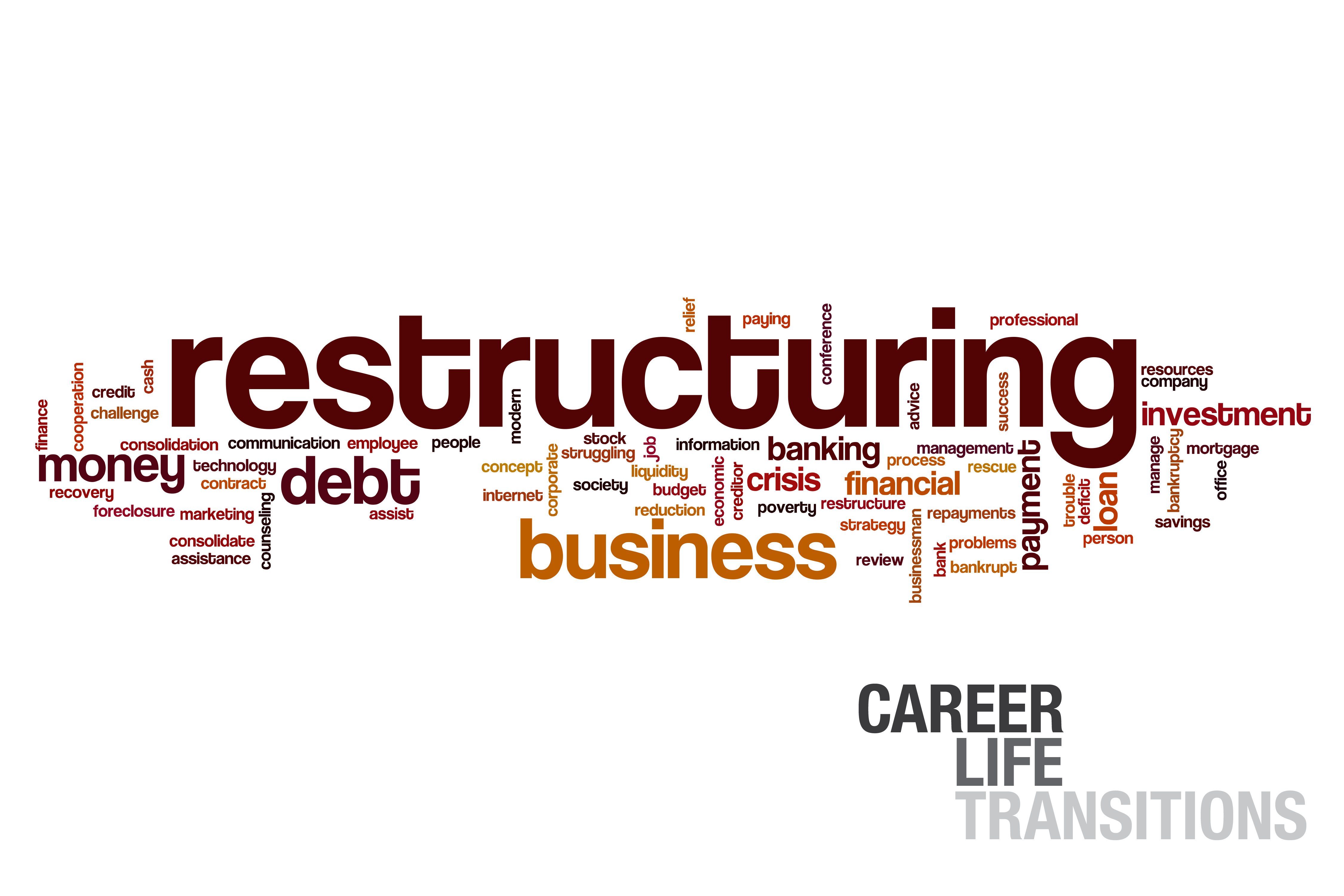Have you found a need to restructure your organisation lately? There’s a lot of it going on. There are a number of reasons why you would undertake this daunting task but the two big one’s are:
1. Cut costs (possibly due to a downturn in business)
2. Changing the way to go to market (new or different skills needed)
What ever the reason, bottom line is that the purpose of a restructure is the survival of the business. You’d have to assume that you would not put yourself through the agony if you didn’t have to. Following on from that it stands to reason that the restructure should lead to a bigger and better future for the common good of the company.
Funeral or Celebration?
Why does it always feel like a funeral, and why do so few companies use restructures as an opportunity to plan and celebrate the possible positive future of the company?
Yes, we understand that restructures usually mean redundancies, which is a very sad and unfortunate aspect of the process, but it’s not or shouldn’t be the focus or the whole process. Companies we see that focus on restructures as a cost cutting exercise without focusing on the real purpose of the process, (to build a better, more profitable and stable organisation) often end up going through a number of rounds of redundancies and even finding themselves in more trouble.
Companies who see redundancies as a part of a future positive strategy, planning both sides of the equation are more likely to actually see the benefits of the restructure.
Well planned redundancies
create more benefits
for the restructure
Most people in organisations are fully aware that the company is struggling. Most reasonable people understand that sacrifices have to be made for the future survival and success of the organisation. From what we hear, most people understand when their jobs are made redundant. They are most upset about is how the company goes about those redundancies. Even when the redundancies are handled well, without a strong plan for the positive “what’s next” staff are left wondering about their own futures. If there’s going to be another round, and wondering what it was all for.
Smart companies communicate and engage staff in the future of the organisation, so at the end of the redundancies people are refocusing on their roles and their part in the future success that made the tough time worthwhile. I could think of nothing worse than going through the pain of seeing my fellow employees lose their jobs and not seeing positive changes within the company.
We can all agree that redundancies are a terrible process, handled well, most people understand that they are necessary. Re-engaging and refocusing employee is the key to the companies future success.
Plan for the Future
Lesson here is, do the redundancies well and ensure you have a bigger better plan than just cutting costs, and communicate, communicate, communicate.














Dr Susan Roberts says: